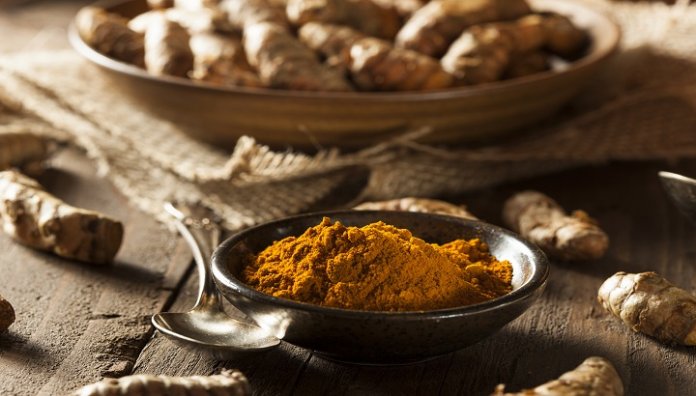Researchers have recently discovered a new way to reduce inflammation, and it is a discovery that will likely change the way that many inflammatory conditions are treated. The research focuses on a class of molecules known as JAK proteins. JAK stands for Janus kinase proteins, or “Just another kinase,” as they were originally called before they got a more formal moniker. New research has demonstrated that a common diabetes medication blocks the effect of JAK, which leads to a reduction in inflammation. This news is especially exciting for a naturopathic doctor like me because are compounds found in certain plants that are known to do the exact same thing.
JAK proteins have long been known to play a role in inflammatory diseases. When they are healthy, these proteins act as signalling molecules that regulate immune function. However, when they carry certain genetic mutations, JAK proteins can get “stuck” and stay perpetually turned on, which can lead to chronic inflammation. These types of mutations have been associated with a wide range of chronic inflammatory diseases and even a number of cancers.
This new research, which was recently published in the journal Science Signaling, found that Metformin, a familiar diabetes medication, can effectively turn off JAK proteins, and thus reduce inflammation. Lead author Tim Palmer, a University of Bradford pharmacologist, explained:
“While our studies are at a very early stage, we’ve identified a new biochemical process that suggests certain anti-diabetic drugs could potentially be repurposed to treat diseases caused by activated Janus kinase proteins.”
Metformin and other anti-diabetic drugs were found to be useful for this effect due to their ability to stimulate AMP-activated protein kinase (AMPK). In explanation, Dr. Ian Salt of the University of Glasgow, the study’s co-author, stated:
“… our findings suggest we can design future therapies for those disorders that target this pathway. Indeed, as AMPK is known to be stimulated by a number of existing anti-diabetic drugs, these should be investigated as potential drugs to treat those disorders.”
The way that anti-diabetic drugs impact JAK proteins helps us understand why increased blood sugar is a risk for inflammation, and why improved blood sugar control reduces the risk of inflammation. It’s an exciting link, indeed.
Here’s where it gets interesting… and perhaps a bit controversial. As a naturopathic physician, when I hear about his sort of research, I wonder if there are any natural compounds that exert similar effects. I like the idea of turning to plants or nutrients before prescription pharmaceuticals whenever possible.
When it comes to inhibiting JAK proteins, it turns out that there evidence that plants can indeed have similar effects. There are three herbal extracts in particular that are associated with JAK inhibition:
1) Turmeric: This golden spice and its active ingredient curcumin is widely known as one of nature’s most powerful anti-inflammatory agents.
2) Boswellia: This ancient biblical herb, known by its common name “frankincense,” is a potent anti-inflammatory herb which is known to have JAK inhibiting potential.
3) Quercetin: Quercetin is a medicinally important flavonoid molecule that is widely distributed in plants including fruits, vegetables, and herbs. It is a potent antioxidant and also has anti-inflammatory activity by a number of different mechanisms, including JAK inhibition.
This brings me to the fundamental principle of natural medicine, something I call the “hierarchy of therapeutics.” We’ll get into more detail about that in a subsequent article but simply stated, it means that I always try to use the least amount of force to achieve a desired result in the patient. If low force treatments like diet and lifestyle changes do not achieve the desired result, then I move up the ladder of options, always trying to use the safest, most effective options available.
So, when it is found that a pharmaceutical like Metformin may reduce inflammation by turning off JAK proteins, it is just common sense to ask whether any herbal medicines may have a similar effect. In this case, the answer is a resounding YES.
Our top-selling formula AI-4X contains three ingredients that inhibit JAK, which is part of the reason why it is such an excellent anti-inflammatory combination. If you suffer from aches and pains, or if you have any condition that ends in “-itis,” there is a good chance that you’ll feel better with a daily dose of AI-4X.
– Dr. Joshua Levitt


